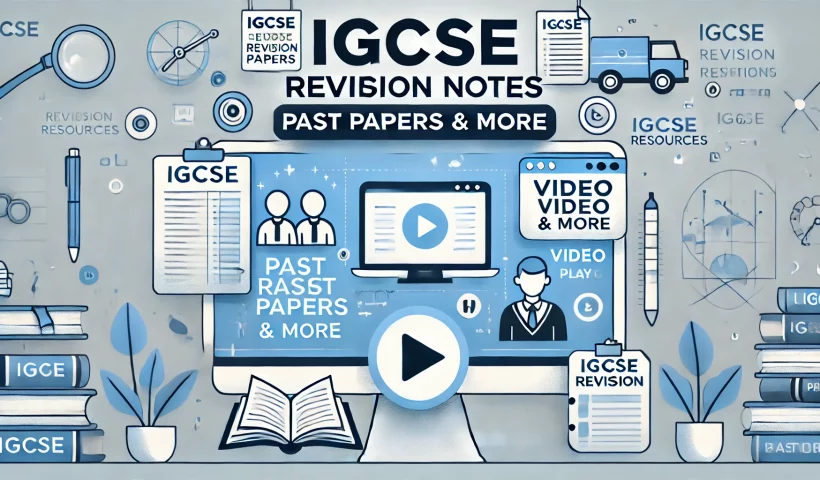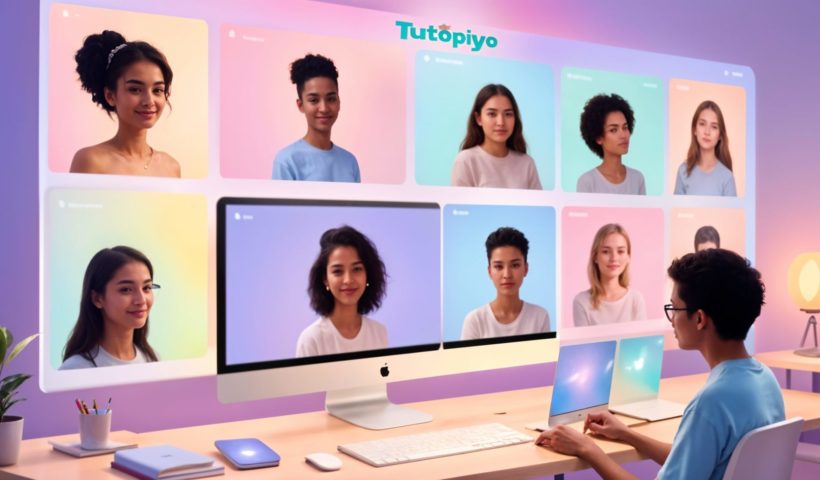If you are a parent or student gearing up for the IGCSE exams, you have likely heard advice like “Practice makes perfect” or “Solve past…
View More “IGCSE Past Papers – How They Can Be a Game Changer”Category: GCE O Level
Make the Most of Summer Break: Fun, Productive, and Refreshing Ideas for Students
Summer break is one of the most anticipated times of the year for students. After months of hard work and school commitments, it’s a chance…
View More Make the Most of Summer Break: Fun, Productive, and Refreshing Ideas for StudentsFrom Average to Excellent: You Can Do It Too in the IGCSE Exam
Let’s be honest, not everyone starts their IGCSE journey as a straight-A student. Some of us sit in the middle of the curve, around B’s…
View More From Average to Excellent: You Can Do It Too in the IGCSE ExamNavigating the First Year of IGCSE: A Parent’s Guide to Supporting Your Child
As the new academic year approaches, many parents find themselves at a pivotal moment: their child is about to embark on the journey of the…
View More Navigating the First Year of IGCSE: A Parent’s Guide to Supporting Your ChildHow AI is Changing the Face of Education
The world of education is undergoing a digital revolution and Artificial Intelligence (AI) is leading the charge, now reshaping classrooms, tutoring, and even how we…
View More How AI is Changing the Face of EducationPersonalized Learning: The Future of Global Education Starts Here
In today’s fast-moving, hyper-connected world, it’s clear that the old one-size-fits-all approach to education just doesn’t cut it anymore. Students aren’t all the same—so why…
View More Personalized Learning: The Future of Global Education Starts Here






